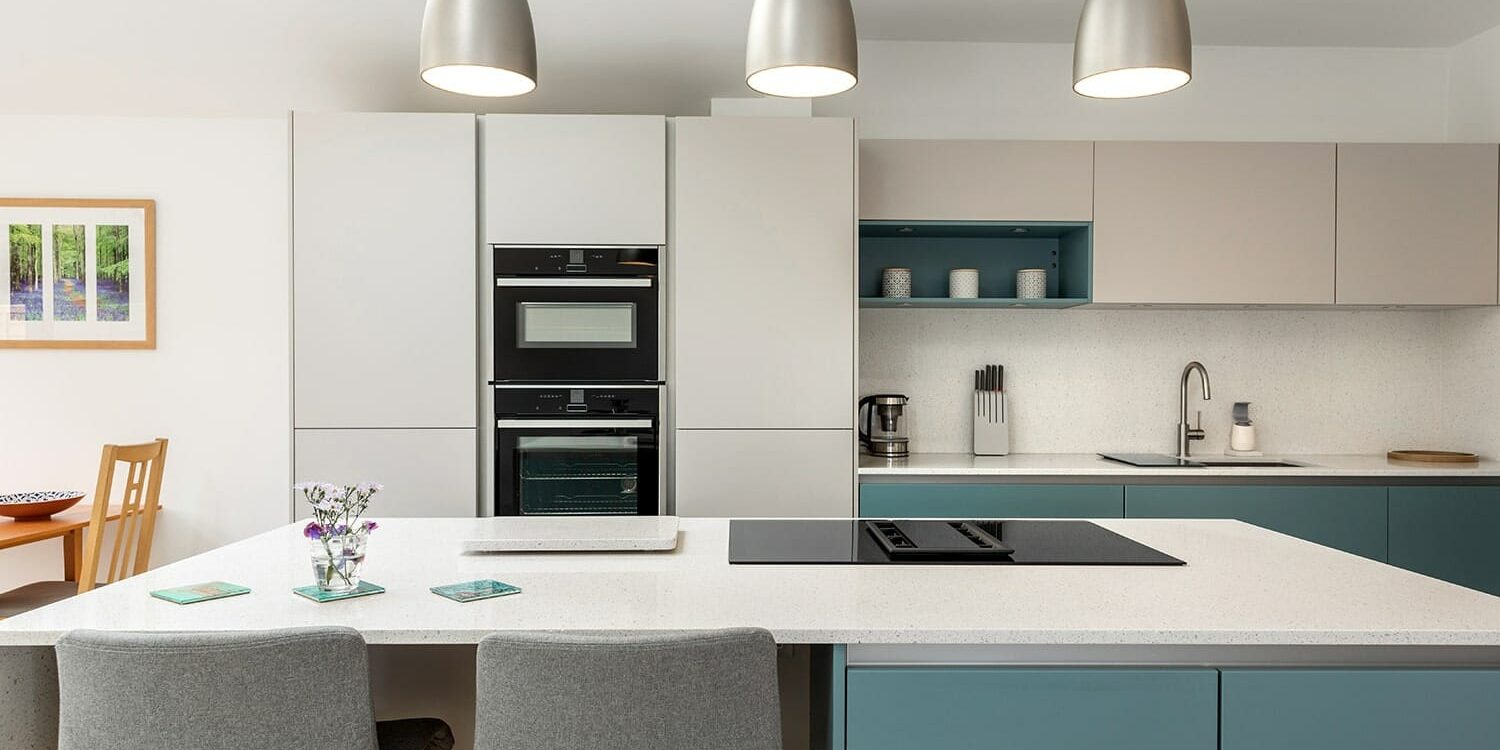The Evolution of Kitchen Design
In recent years, the kitchen has evolved from a mere functional space into the heart of the home, reflecting personal style and catering to modern lifestyles. With advancements in technology, this transformation has reached new heights, leading to the emergence of the "smart kitchen." By integrating cutting-edge technology into design and functionality, kitchens are becoming more efficient, intuitive, and connected. But what exactly does a smart kitchen entail, and how is it redefining the way we cook, entertain, and experience food?
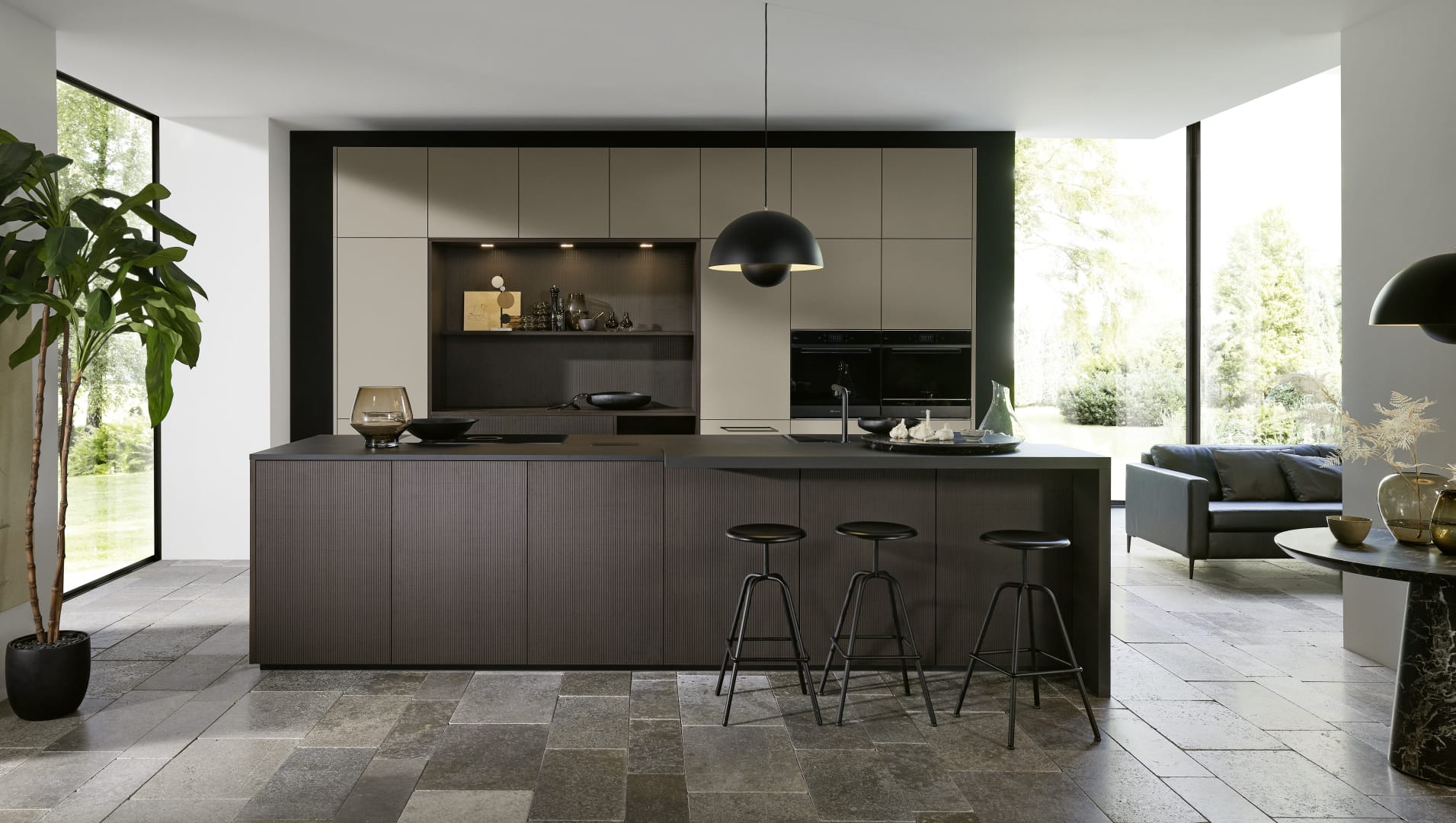
Understanding Smart Kitchen Technology
At its core, a smart kitchen utilises various technologies to enhance the cooking and dining experience. From appliances that connect to the internet to systems that learn your cooking habits, the innovations are vast. Smart refrigerators can monitor food inventories, suggest recipes based on available ingredients, and even alert you when products are nearing their expiry. Smart ovens allow for remote preheating or recipe control via smartphone apps, while smart dishwashers optimise water usage and energy efficiency based on load size.
Voice-activated assistants like Amazon Alexa or Google Assistant can streamline tasks, allowing you to control appliances, set timers, and manage grocery lists using just your voice. This technology not only adds convenience but also transforms the way we interact with our kitchen environments.
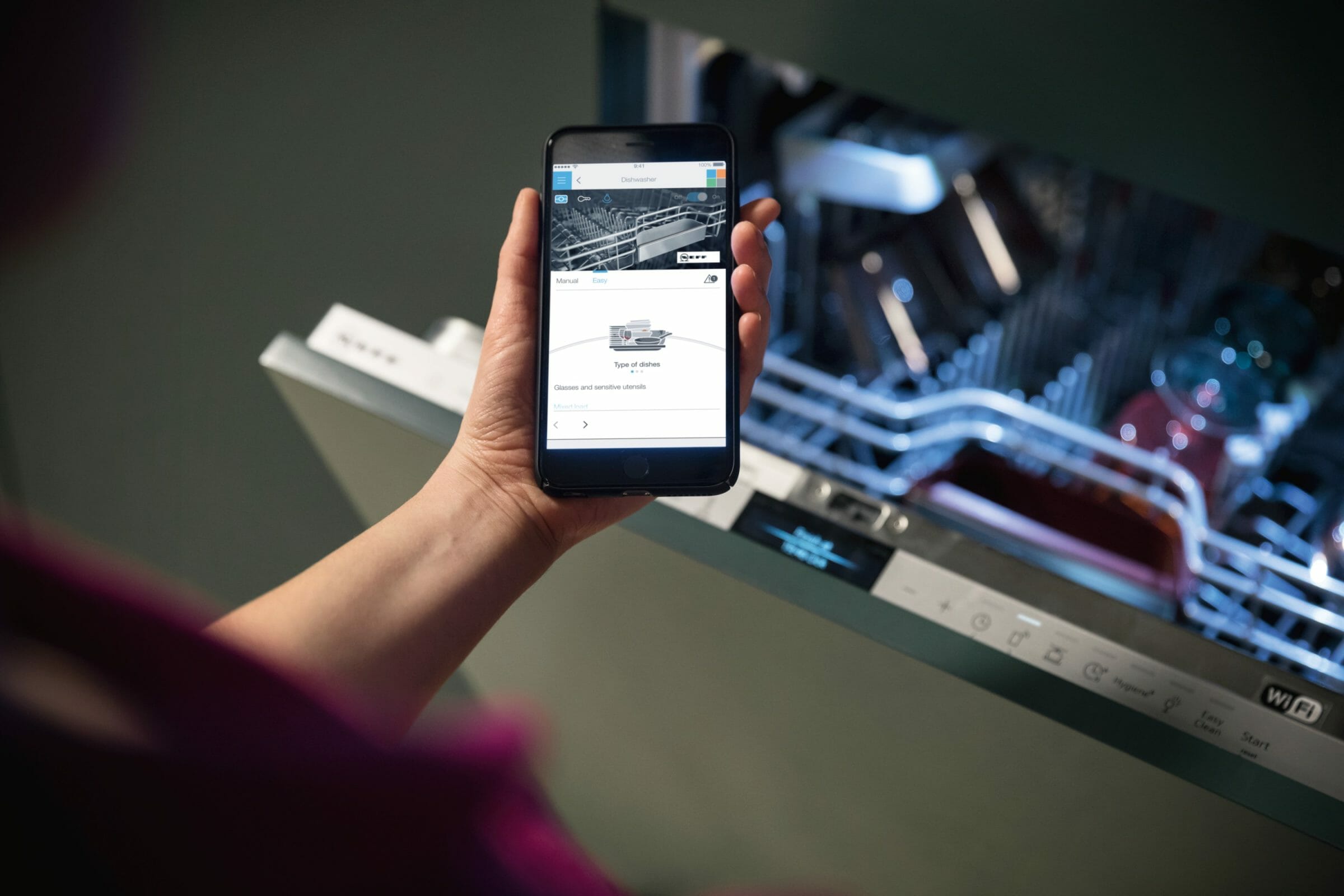
Benefits of Embracing Technology in the Kitchen
The advantages of incorporating smart technology into kitchen design are manifold. For starters, these innovations promote efficiency. With devices that can automate mundane tasks, you can spend less time worrying about meal prep and more time enjoying your culinary creations. Intelligent appliances can also help save energy, reducing costs and environmental impact.
Moreover, smart kitchens can enhance safety. For instance, smart smoke detectors can alert you to hazards while you’re away, and ovens with automatic shutoff features can prevent accidents. These technologies provide peace of mind, ensuring that your kitchen is not just functional but also secure.
Additionally, the connectivity that smart kitchens offer can greatly enrich the cooking experience. Home chefs can access a wealth of recipes, engage with cooking communities online, and even receive real-time guidance alongside their cooking efforts. The ability to connect with the world beyond the kitchen enriches the experience, turning meal preparation into a more interactive and enjoyable activity.
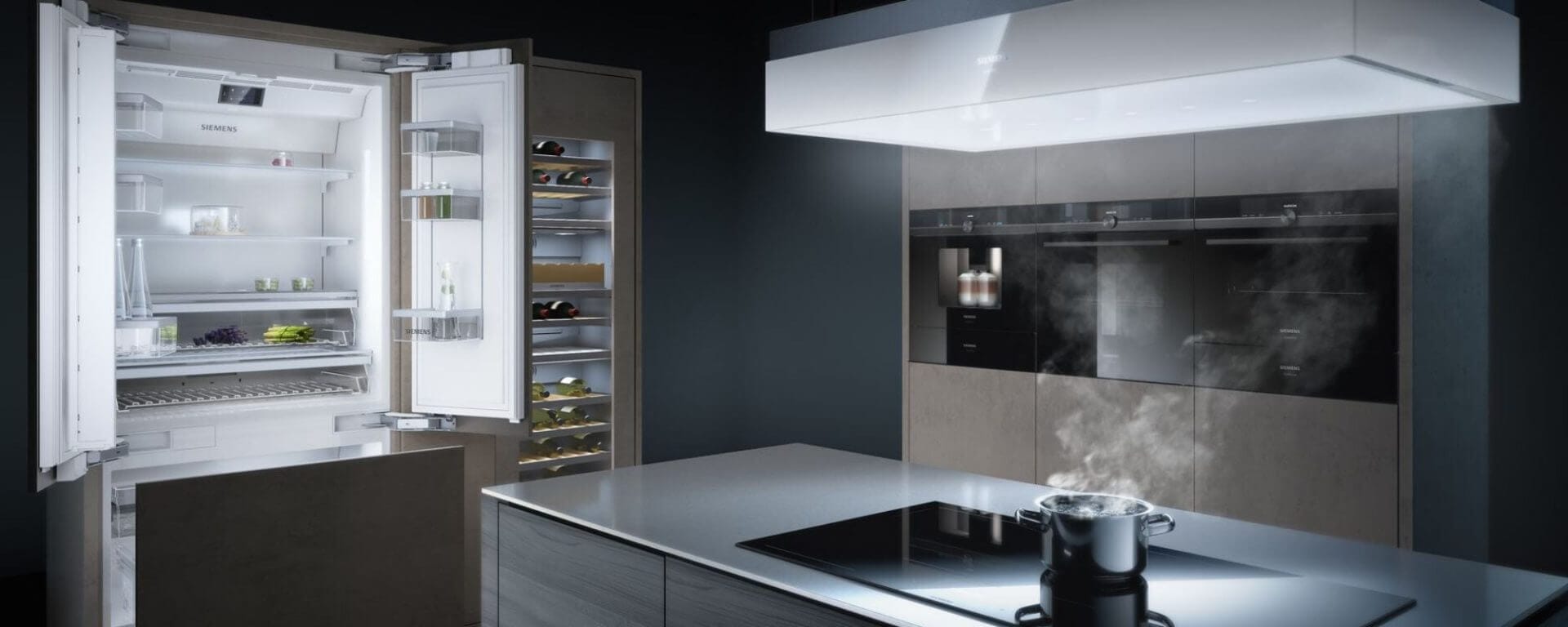
Designing a Smart Kitchen: Key Considerations
When designing a smart kitchen, a few key considerations can ensure that technology complements your cooking space rather than overwhelms it.
1. Integration:
Select appliances that seamlessly integrate with one another. This might mean investing in a smart home hub that links all devices for easy control from one place. Look for products that communicate effortlessly, creating a cohesive cooking environment.
2. Layout and Functionality:
While technology is important, the layout of your kitchen remains paramount. Ensure that the design facilitates workflow, account for the classic kitchen triangle (sink, stove, refrigerator), and provides ample workspace, regardless of the technological enhancements.
3. Personalisation:
Consider your specific cooking habits and choose technology that suits your lifestyle. Whether you’re a novice or an experienced chef, the right tools can enhance your experience. Customising your kitchen with technology that aligns with your needs will yield the best results.
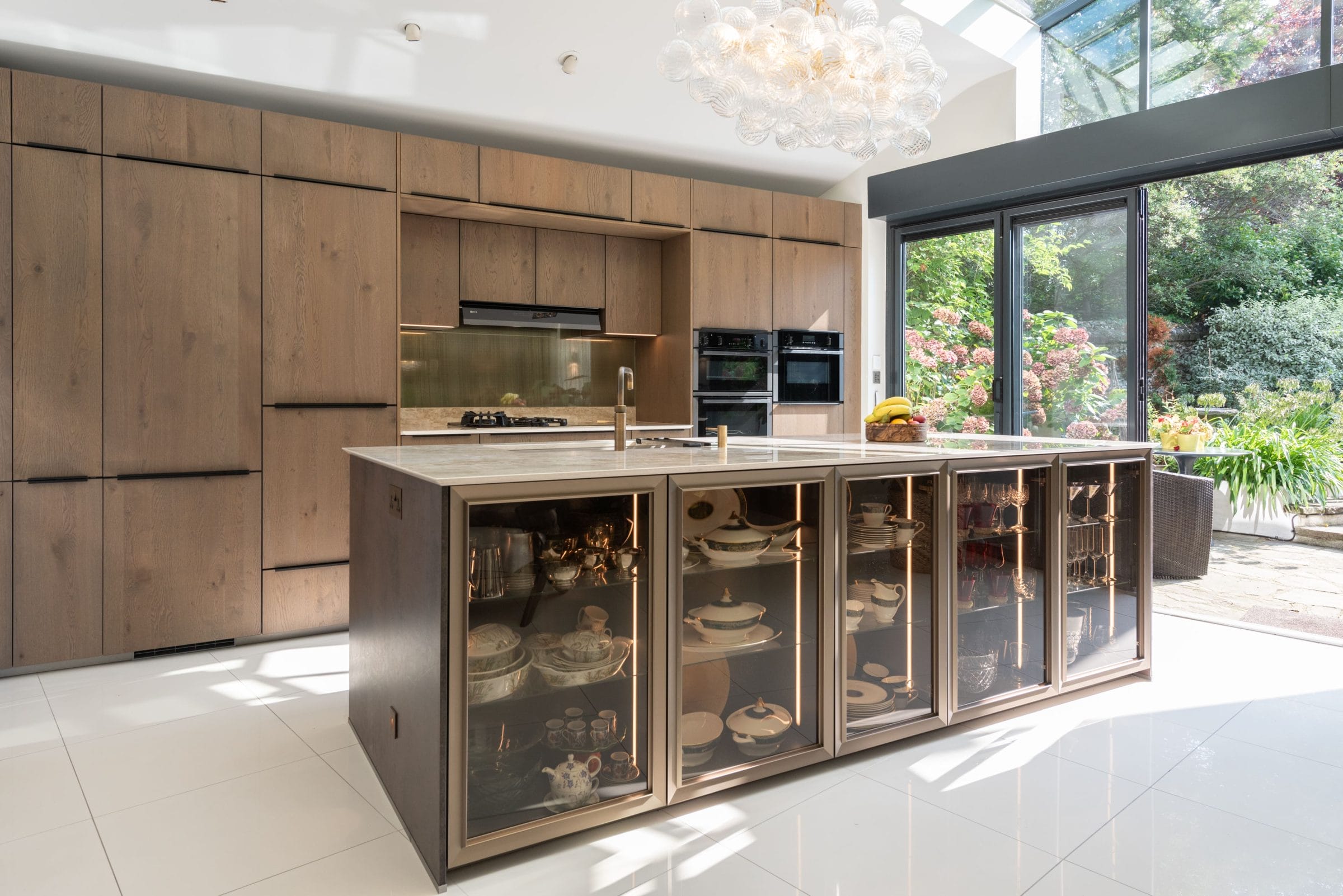
The Future of Smart Kitchens
As technology continues to advance, so too will the possibilities within the kitchen. Expect to see an even greater focus on sustainability, with devices that promote energy efficiency and waste reduction. Smart kitchens of the future may feature sensors that analyse food freshness or recommend meal plans based on dietary needs. AI-driven cooking assistants could become as integral to the kitchen as the oven and hob themselves.
The rise of smart kitchens is transforming how we design and use one of the most important spaces in our homes. As we embrace these innovations, the kitchen is evolving into an interactive, efficient, and delightful environment that enhances our culinary experiences.
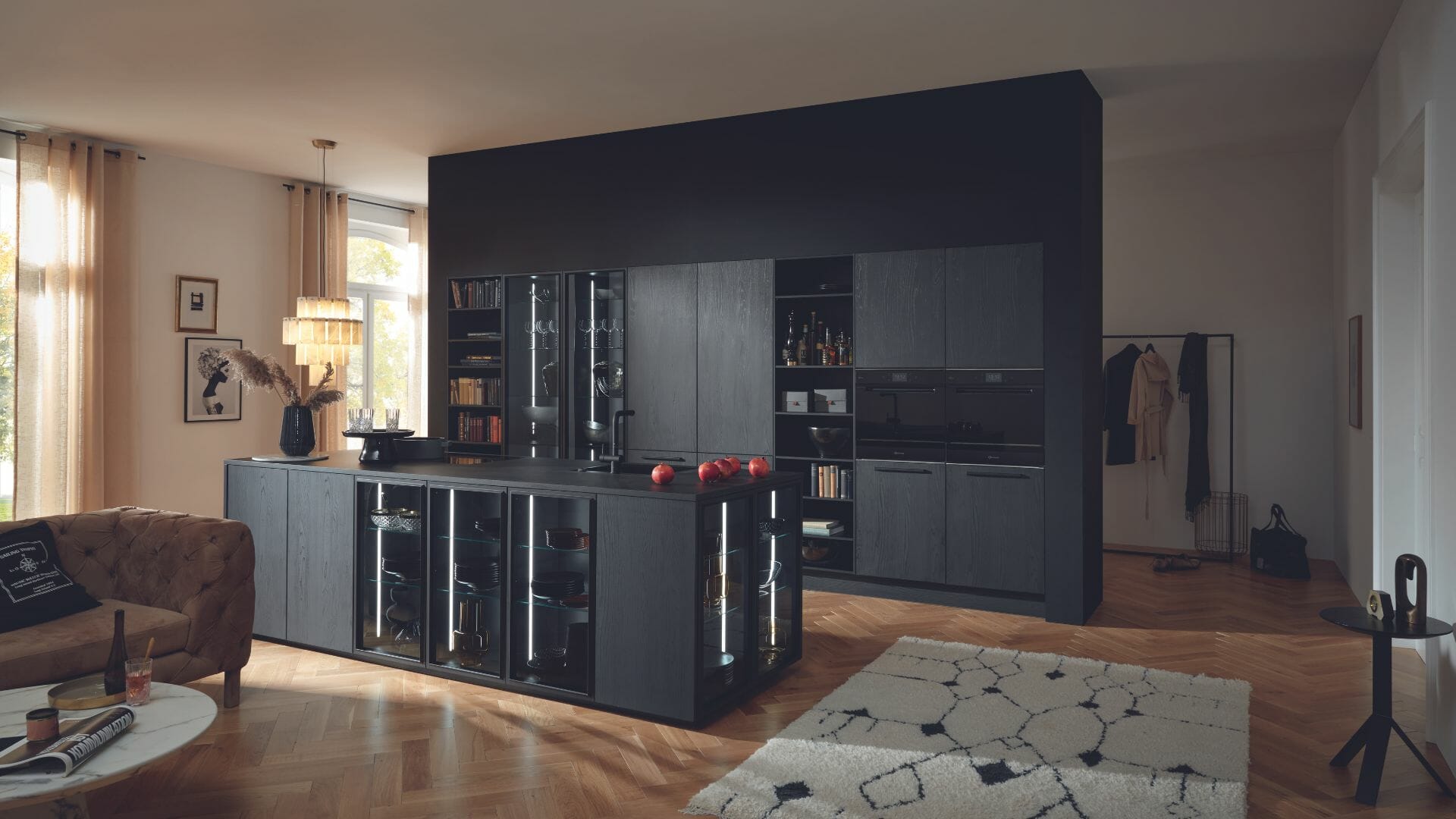
Concluding Thoughts
In the modern world, where convenience and connectivity are paramount, the smart kitchen represents the pinnacle of innovation in home design. By embracing the technology that is reshaping our culinary spaces, we are not just improving our cooking abilities but also enriching our lives. As the kitchen continues to evolve, the possibilities are limitless, promising a bright future for both home chefs and those who cherish the art of cooking. Whether you’re renovating your kitchen or building a new one, integrating smart technology is a step towards a more efficient, enjoyable, and connected cooking experience.
Ready to transform your kitchen into the perfect modern space? Get in touch today by emailing us at [email protected] or by calling 020 8810 0222 to start your journey.
